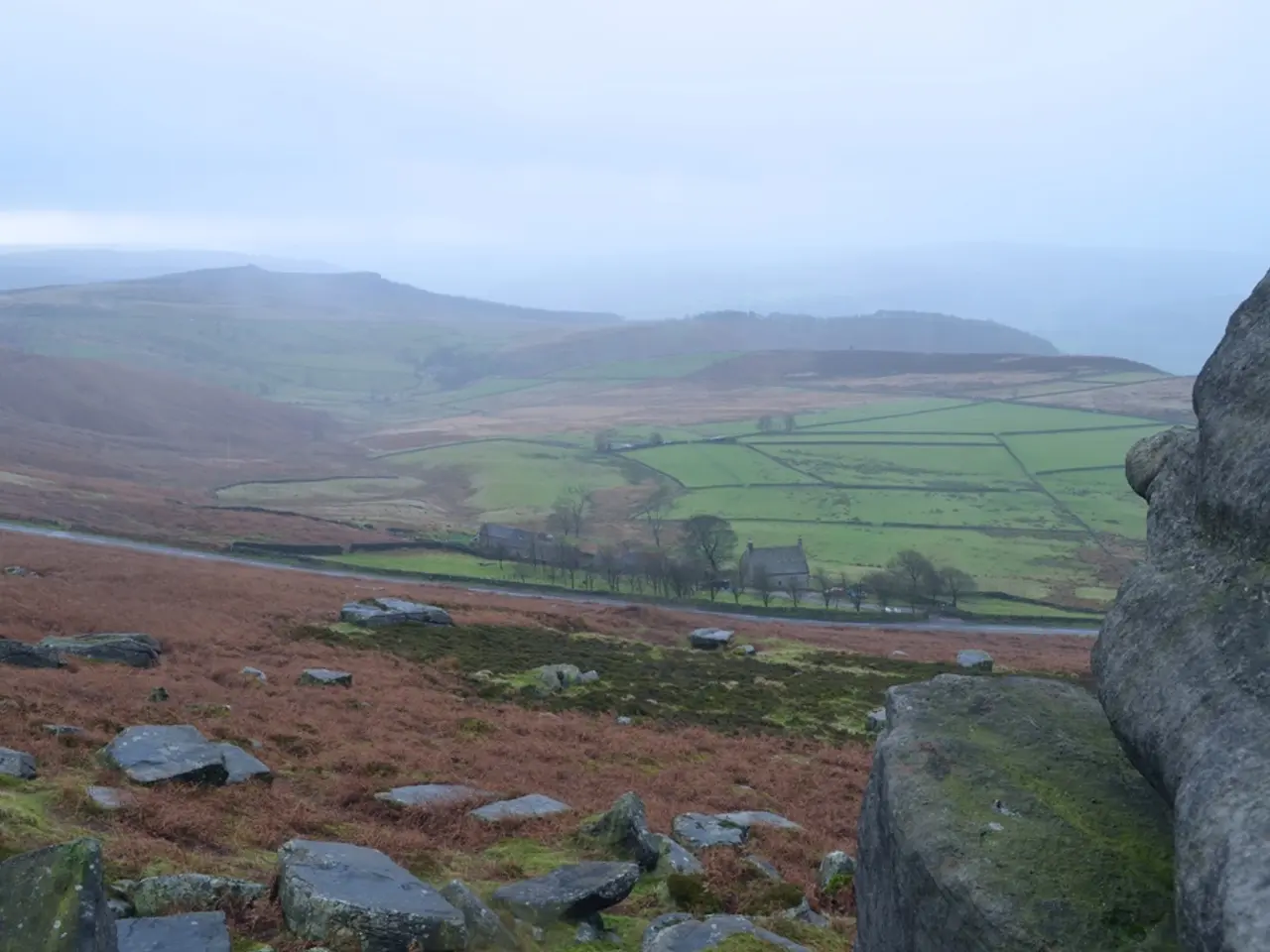Bologna Transformation: Struggling with Popularity - Managing Tourism Overload for Balanced Growth
In the heart of Italy, Bologna has transformed from a hidden gem to a bustling tourist hotspot, attracting visitors from around the globe with its rich cultural heritage and culinary delights. This evolution, however, has sparked debates on the challenges and opportunities of finding a sustainable balance between tourism growth and preserving the city's unique character.
Italian journalist Ilaria Maria Sala ignited the conversation with a critical piece in The New York Times, portraying Bologna as a "tourist hell" where traditional shops and local businesses are being replaced by tourist-oriented chains. Sala's article, while controversial, highlighted the potential risks of overtourism, such as rising rental prices and the erosion of the city's authentic cultural fabric.
Bologna's mayor, Matteo Lepore, defended the city's cultural and historical identity, arguing that the article unfairly reduced Bologna to a caricature of itself, focusing solely on the negative aspects of tourism. Nevertheless, Lepore acknowledged the importance of finding a sustainable balance that allows Bologna to remain a vibrant city for locals and visitors alike.
To achieve this balance, Bologna has implemented several strategies. One key approach involves collecting tourism revenue fees from visitors, which are used to fund sustainability initiatives aimed at reducing congestion in historical and residential areas. This revenue helps maintain and preserve local neighborhoods and cultural sites while managing visitor numbers effectively.
Another strategy is fostering professional skills in sustainable tourism through academic programs like the Master’s in Tourism & Events Management offered by Bologna Business School. This education equips practitioners with the knowledge to balance cultural heritage preservation with tourism promotion, ensuring that tourism development respects local identity and heritage.
Bologna also actively participates in sustainability training and initiatives, reflecting its commitment to adopting internationally recognized sustainable tourism standards and practices.
Regulating short-term rentals is crucial for addressing housing issues and preventing the displacement of residents in Bologna. Managing tourism influx in a way that preserves cultural identity while still benefiting economically is a complex issue, but one that Bologna is committed to addressing.
The future of Bologna lies in finding this sustainable balance that allows it to remain a must-visit destination for those seeking an authentic Italian experience off the beaten path, while ensuring it remains true to its roots. This journey reflects broader trends in global travel, where the benefits of tourism must be weighed against potential costs to a city's cultural and social fabric.
By 2024, Bologna had become a tourist hotspot, with low-cost airlines, short-term rentals, and social media playing a significant role in its popularity. Yet, despite the challenges, Bologna remains a city of contrasts, with its scrappy and scruffy charm blending seamlessly with ancient history and modern attractions.
As Bologna navigates the complexities of overtourism, it serves as a reminder to other cities around the world grappling with similar issues, such as Barcelona, Venice, and Florence. The key is finding a balance that ensures cultural preservation, economic benefits, and a vibrant city for both locals and visitors.
A general-news article published in The New York Times scrutinizes Bologna's transformation, likening it to a "tourist hell." However, Bologna's mayoral administration, with initiatives like collecting tourism revenue fees and fostering sustainable tourism education, is working tirelessly to preserve the city's cultural identity while promoting it as a travel destination.




